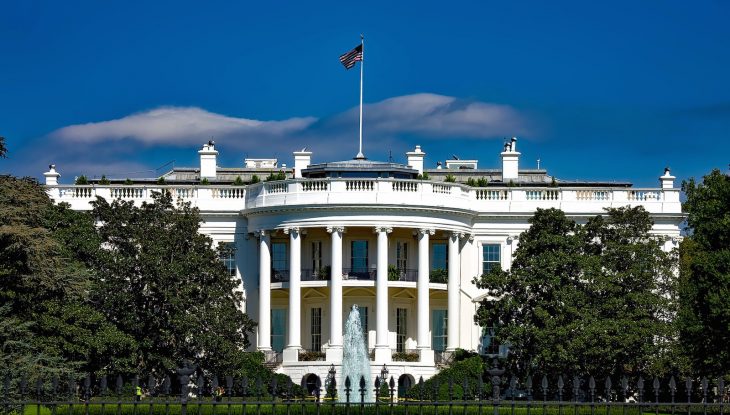The U.S. formerly told the World Trade Organization (WTO) that it opposes granting market economy status (MES) to the People’s Republic of China. This view has been submitted in support of the the European Union (EU), which has also argued that China is a non-market economy in WTO litigation.
“We are concerned that China’s economic liberalization seems to have slowed or reversed, with the role of the state increasing,” said David Malpass, U.S. Treasury undersecretary for international affairs. “State-owned enterprises have not faced hard budget constraints and China’s industrial policy has become more and more problematic for foreign firms.”
China has been fighting for recognition as a market economy, a designation that could lead to lower anti-dumping duties on China by prohibiting the use of third-country price comparisons. However, the U.S. and EU argue that government subsidies and other efforts in China are being used to support Chinese firms — which would mean that domestic prices within China do not reflect market forces.
The Manufacturers for Trade Enforcement, a coalition of U.S. manufacturing associations formed to oppose market economy status for China, issued a statement regarding the U.S. decision to oppose MES for China. “Fair international competition and a level playing field are essential for the global competitiveness of U.S. manufacturers,” said Thomas J. Gibson, co-chair of the coalition and president and CEO of the American Iron and Steel Institute. “China has not met the statutory criteria to be treated as a market economy, and we applaud our government’s commitment to ensuring China is not prematurely awarded market economy status. Substantial state intervention in the Chinese economy has resulted in significant overcapacity in many manufacturing sectors in China while also distorting global markets and hurting American manufacturers. Jobs have been lost in all of our industries. China should not be afforded market economy status while still maintaining a state-controlled economic system that encourages unfair trade practices that injure multiple U.S. industries.”
If the WTO decides to grant MES to China, it could have a significant affect on current trade cases in a number of industries, making it more difficult to implement high anti-dumping or countervailing duties on Chinese imports. The aluminum industry currently has several trade cases against China that have been completed or are under consideration, some of which are as follows:
- U.S. DOC Self-Initiates Investigations on Common Alloy Aluminum Sheet From China (November 2017)
- U.S. DOC Issues Preliminary Antidumping Duty Determination on Aluminum Foil (November 2017)
- U.S. DOC Issues Countervailing Duty Determination on Aluminum Foil from China (August 2017)
- USITC Extends Trade Orders on Imports of Aluminum Extrusions from China (March 2017)
The U.S. also previously filed a trade enforcement complaint against China at the WTO concerning the country’s subsidies to certain producers of primary aluminum. The complaint was designed to address U.S. concerns that China’s subsidies may have caused “serious prejudice” under WTO rules to U.S. interests by artificially expanding Chinese capacity, production and market share and causing a significant lowering in the global price for primary aluminum.

